8 Ginger Replacements for Sweet and Savory Dishes
Ginger substitutes offer practical solutions when this zesty root isn't available in your kitchen.
Home cooks frequently encounter the challenge of running out at crucial moments during meal preparation.
The warming qualities and distinctive flavor profile make this spice difficult to replace perfectly, yet several alternatives can still save a recipe from disaster.
Different cuisines around the world have developed their own replacement options based on regional availability and taste preferences.
Fresh galangal and various pepper varieties rank among the most popular stand-ins, though each brings its own unique characteristics to dishes.
Every substitute works differently depending on the specific recipe and desired outcome.
Next, we'll examine the best alternatives for different cooking situations so you can confidently adapt any recipe without compromising flavor.
Simple Ginger Replacements to Try
Ginger no longer on hand doesn’t have to slow down your cooking session. A thoughtful swap keeps the process moving just as planned.
Ground Ginger
Substitution offers a practical solution when fresh ginger isn't available for your recipes.
Fresh ginger provides a distinctive, aromatic flavor in dishes ranging from savory curries to sweet treats like apple pie cookies and spice cake.
Many items already in your pantry can effectively replace ginger when needed, with ground ginger serving as the most common alternative.
For the best results when using fresh ginger, select pieces that feel firm with smooth skin rather than those that appear wrinkled or soft.
Before storing fresh ginger, pat it dry with kitchen paper, then keep it in your refrigerator for up to three weeks or freeze it for longer preservation of up to six months.
Crystallized Ginger
Crystallized ginger serves as a fantastic substitute for those who dislike the taste of grated ginger, offering a chewy texture and distinctive flavor perfect for various dishes.
This sweet, spiced treat adds flavor, nutrients, and health benefits to foods while containing fewer calories than fresh ginger - just 18 per ounce.
Most people appreciate crystallized ginger as a good source of fiber and vitamin C, making it nutritionally valuable beyond its taste profile.
For best results when using it in recipes, careful attention to proportions is necessary since the crystallized form differs significantly from fresh ginger.
If this substitute doesn't work in your recipe, honey can be an alternative option, though the flavor profile will change considerably.
Allspice
Allspice stands out as the most effective ginger substitute, offering a warming and slightly spicy flavor that closely mimics the original taste without being overly robust.
For best results, start with 1/2 teaspoon of allspice to replace each tablespoon of fresh ginger in your recipes, particularly when preparing savory dishes or meat-based meals.
The concentrated nature of ground allspice actually provides more flavor intensity than fresh ginger in many cases, making it especially valuable when the original ingredient isn't available.
Cinnamon serves as another reliable alternative, particularly in baked goods where its distinct warm sweetness complements similar flavor profiles.
Pumpkin Pie Spice
Substituting ground ginger in pumpkin pie with other spices can create equally delicious results when your pantry runs low.
Grated ginger naturally adds that signature zesty kick to your pie, though many bakers don't realize it works wonderfully in savory dishes like roasted vegetables and fresh salads too.
Several reliable alternatives exist including allspice, cardamom, cinnamon, nutmeg, or mace - each bringing its own unique character to your recipe.
Pumpkin pie spice, typically containing a blend of cinnamon, ginger and nutmeg, serves as an all-in-one solution that saves time while maintaining that familiar fall flavor profile.
Ginseng
Substituting ingredients is a handy cooking skill that can save your recipe when you're missing something important.
Ginger, a versatile root with distinct flavor, can be replaced with several alternatives when unavailable in your kitchen.
Mace, cinnamon, and nutmeg work well in baked goods because they share similar sweet-spicy notes that complement many recipes nicely.
For Asian dishes like stir-fries and soups, ginseng might seem like a logical replacement since both plants come from Asia, but these herbs actually have different medicinal properties and flavor profiles.
Medical advice should always be sought before using herbal supplements since some can cause unwanted side effects.
Lemongrass
Ginger substitutes are readily available for anyone needing a replacement in their cooking, with lemongrass standing out as the top alternative due to its prominence in Vietnamese and Thai cuisine.
This Asian staple adds a robust flavor to dishes even though it doesn't perfectly match ginger's lemony zip.
Lemongrass brings its own unique citrus character to foods and remains easy to find at most grocery stores without breaking the bank.
For those who can't locate lemongrass or want other options, common herbs like basil, coriander, or dried ginger can work in a pinch.
Cinnamon
Cinnamon offers a warm, sweet flavor that resembles ginger, making it an excellent substitute when ginger isn't on hand.
This popular spice comes from the dried inner bark of cinnamon trees, which is harvested and processed into sticks (2-6 inches long) or ground into powder for cooking.
Many chefs add about 1/2 teaspoon of cinnamon powder to enhance chicken, lamb, stews, and rice dishes with its distinctive aroma.
The spice plays a starring role in desserts and baked goods like cakes, pastries, and bread, giving them that familiar comforting taste.
Nutmeg
Nutmeg offers a distinctive spicy-sweet flavor that enhances countless dishes around the world.
This aromatic spice comes from the seed of Myristica fragrans trees, native to Indonesia's Banda Islands but now cultivated in various tropical regions.
Fresh-ground nutmeg delivers the most intense flavor, making it a prized addition to both sweet treats like eggnog, custards, and baked goods, as well as savory dishes.
Many cooks consider nutmeg essential for creamy sauces, hearty stews, and traditional meat preparations like sausages and lamb dishes.
Dishes That Rely on Ginger for Signature Flavor (Should Not Substitute)
Some dishes truly depend on ginger for their special flavor, and swapping it out just wouldn’t taste the same, fresh or ground ginger brings warmth, zest, and aroma that’s hard to replace:
In these dishes, ginger is much more than an ingredient, it’s the key to their soul and swapping it out would mean missing the very flavor that makes them memorable.
Combining Multiple Ginger Substitutes for Complex Flavor
When you don’t have ginger on hand, using a mix of substitutes can help create a rich, interesting flavor that gets closer to the real thing:
Ginger Replacements: Frequently Asked Questions
1. Can I use candied or crystallized ginger as a substitute?
Yes, finely chop candied or crystallized ginger and use it in baked goods or desserts, but reduce added sugar since it’s quite sweet.
2. Are there good substitutes for ginger in savory dishes?
Galangal, ground allspice, or a pinch of mace can mimic some of ginger’s warm, spicy notes in savory recipes.
3. Will using a substitute change the flavor of my dish?
Yes, while substitutes offer similar warmth or spice, none will perfectly match the fresh, zesty kick of ginger.
4. Can I use ginger paste or jarred ginger instead of fresh?
Yes, ginger paste or jarred ginger can be used in equal amounts as fresh ginger in most recipes.
5. What’s a good ginger alternative in drinks and teas?
Use ground ginger, a cinnamon stick, or a few slices of galangal root for a similar spicy warmth in drinks and teas.
6. Are there allergy-friendly ginger substitutes?
Allspice and cinnamon are generally allergy-friendly alternatives, but always check for sensitivities and avoid galangal if allergic to ginger family plants.
7. Can I skip ginger altogether in a recipe?
Yes, you can omit ginger if necessary. The recipe will lose some flavor complexity, so consider adding extra spice or citrus for brightness.

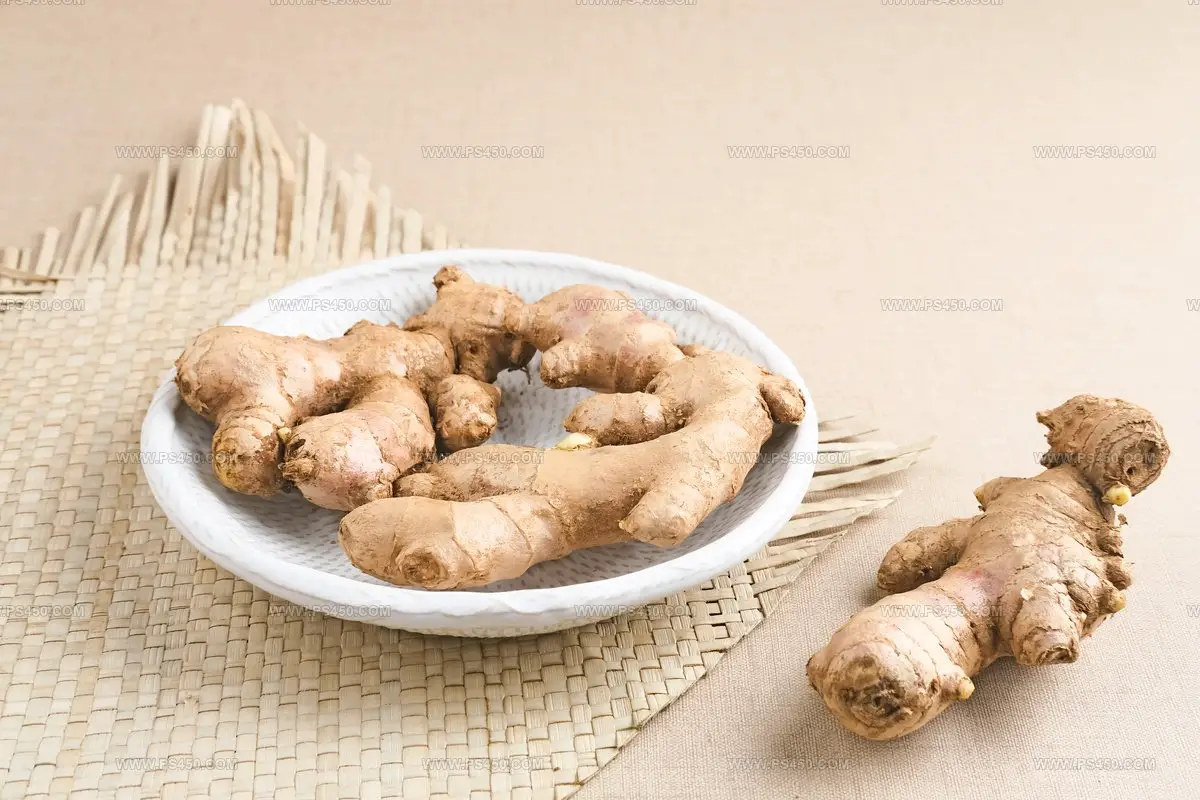
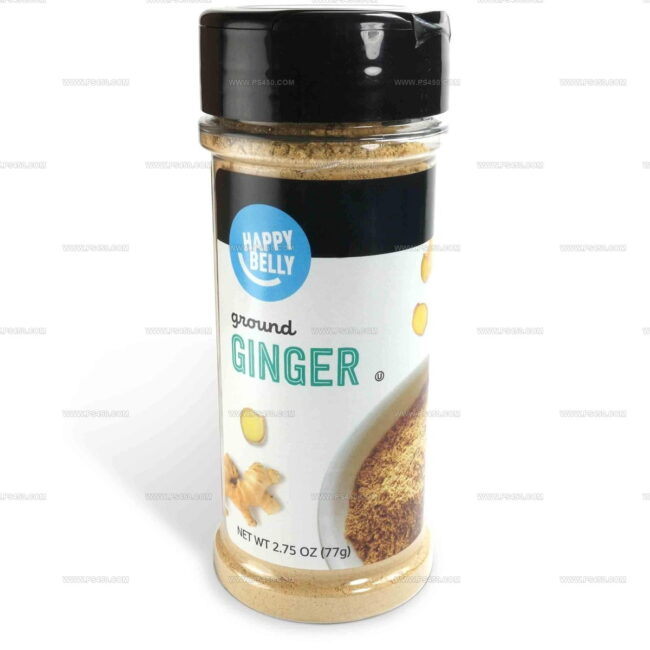
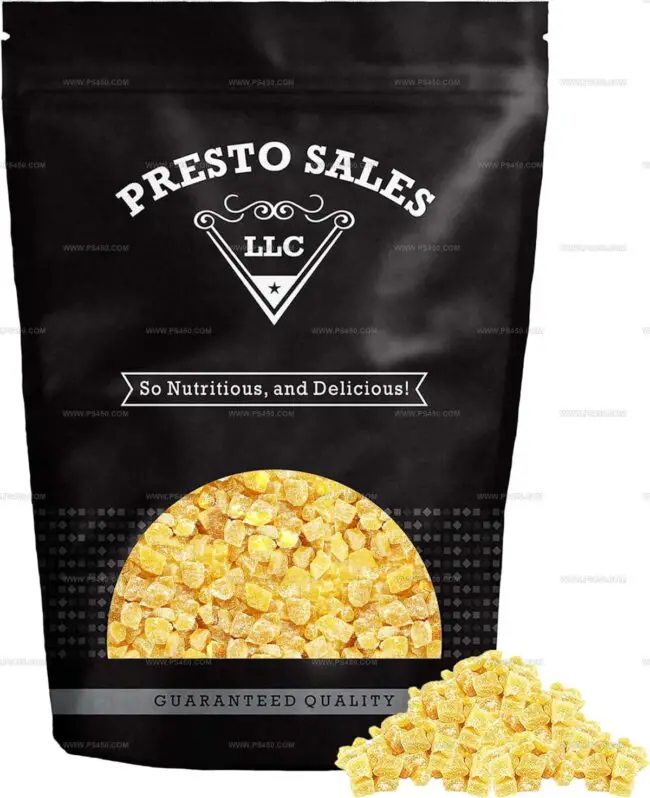
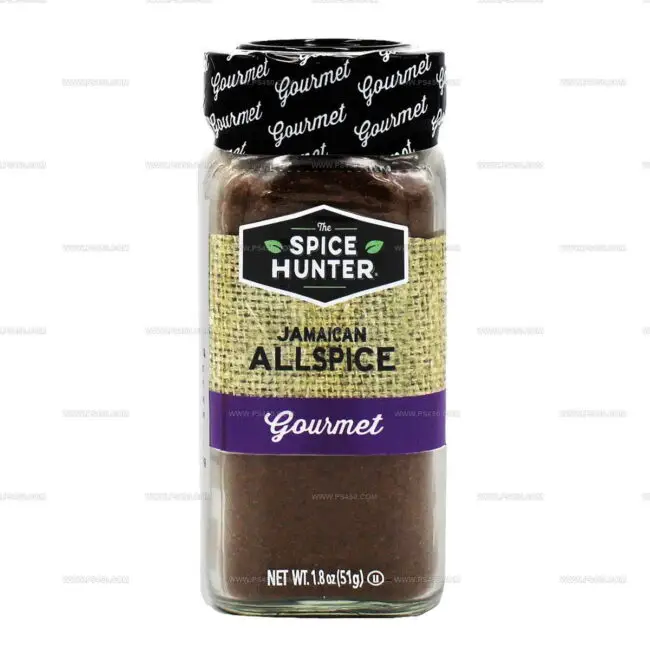
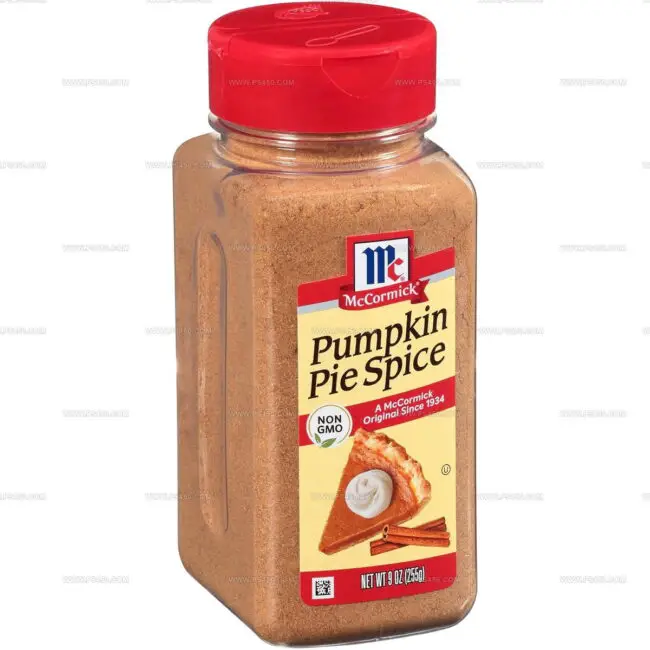
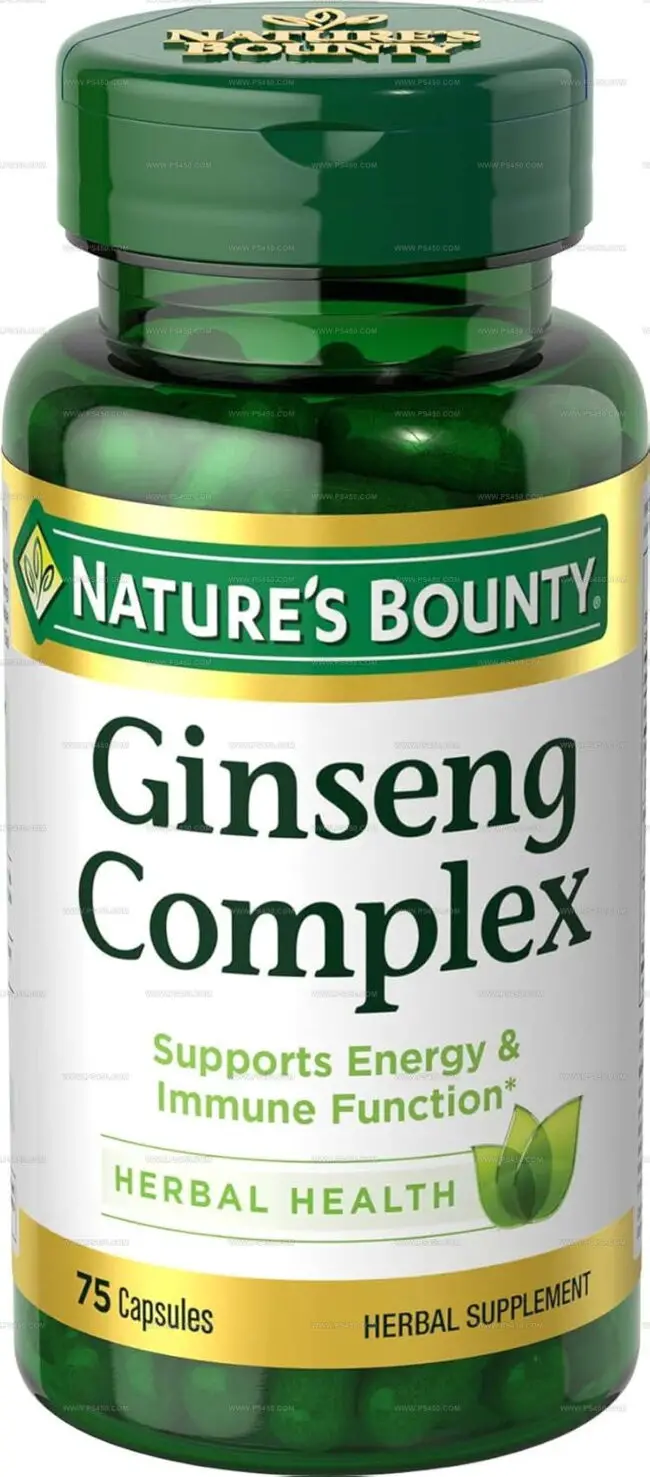
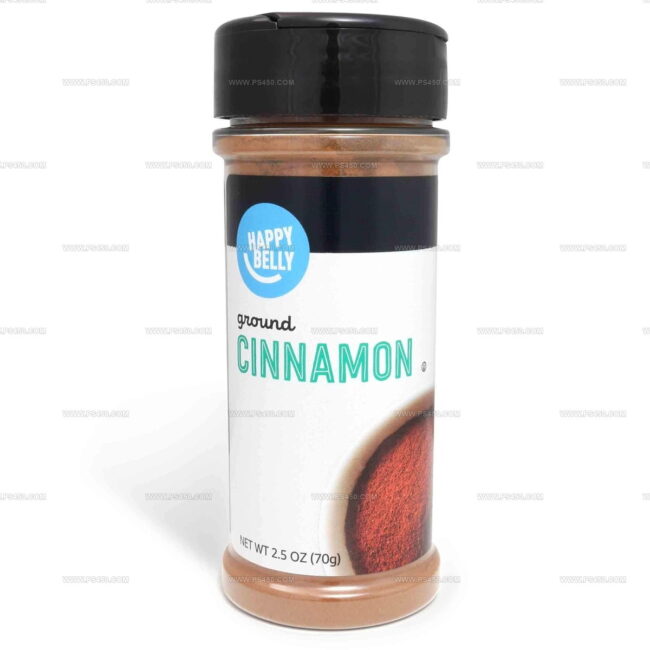
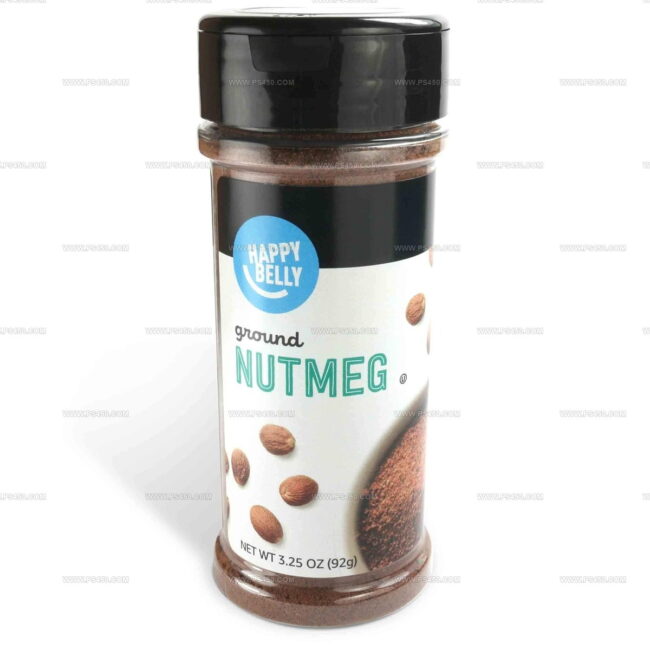
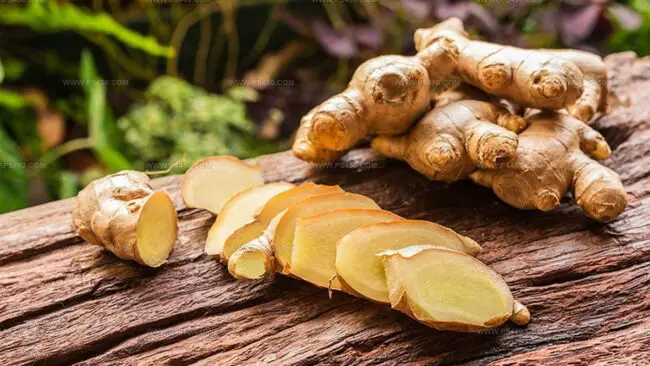
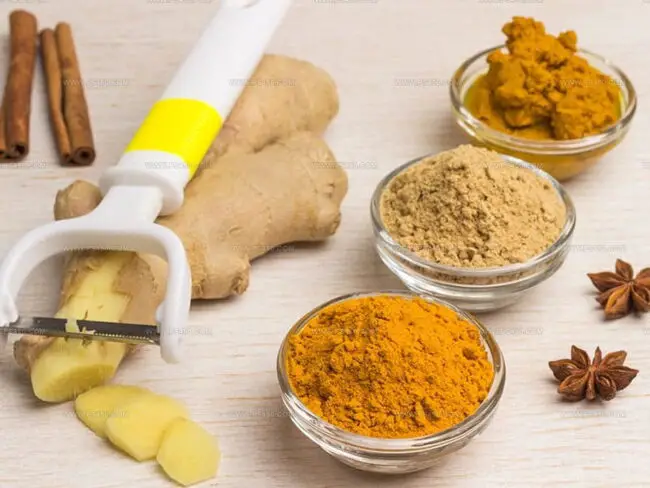
Emily Morgan
Food Critic & Kitchen Tips Specialist
Expertise
Global Food Exploration & Critique, Simple Kitchen Hacks & Time-Saving Tips, Presentation & Plating Techniques, Culinary Research & Storytelling.
Education
New York University
Emily Morgan has journeyed across the globe, collecting culinary secrets that turn everyday ingredients into impressive meals.
Based in Seattle and armed with a Journalism degree from NYU, she blends thorough research with a flair for presentation, ensuring every dish looks just as good as it tastes.
Focusing on fresh flavors, simple methods, and a bit of fun, Emily shows home cooks how to elevate their daily cooking without fancy gadgets or complex steps.